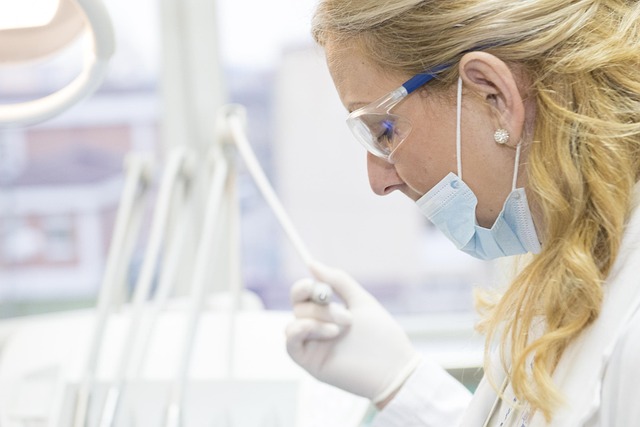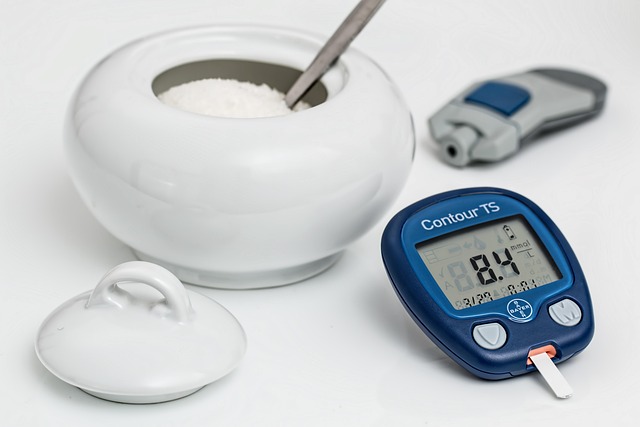In the rapidly advancing world of healthcare, bioinformatics is emerging as a cornerstone for transformational diagnostics. As we delve deeper into the synthesis of biology and technology, we uncover a plethora of innovative approaches that enhance our understanding of health, disease, and treatment. The role of bioinformatics in diagnostics is not just a trend; it is a significant leap towards personalized medicine and effective disease management.
Technological innovations in bioinformatics enable researchers and clinicians to analyze vast amounts of biological data with unprecedented speed and accuracy. Through sophisticated algorithms and software programs, bioinformatics processes genomic, transcriptomic, and proteomic information to extract meaningful insights that can aid in diagnosis. For instance, next-generation sequencing technologies have revolutionized our ability to detect genetic abnormalities, paving the way for early intervention in conditions such as cancer and rare genetic disorders.
Moreover, bioinformatics tools facilitate the identification of biomarkers that are crucial for effective diagnostics. These biomarkers can be pivotal in predicting disease progression and response to treatments, ensuring that medical professionals can tailor therapies to the individual needs of patients. This innovation not only enhances the effectiveness of treatment but also minimizes adverse effects, thus redefining the patient experience.
Health innovations propelled by bioinformatics extend beyond mere diagnostics; they cultivate a more dynamic understanding of disease processes. By leveraging data analytics, healthcare providers can track epidemiological trends, leading to informed decision-making during public health crises. For example, during the COVID-19 pandemic, bioinformatics played a vital role in real-time data processing, enabling governments and organizations to respond rapidly to emerging threats.
Furthermore, the integration of artificial intelligence (AI) in bioinformatics is marking a new frontier in diagnostics. Machine learning algorithms can be trained to recognize patterns in complex datasets, leading to the discovery of novel therapeutic targets and helping to refine diagnostic criteria. This blend of AI and bioinformatics enhances our capabilities in early detection, prognosis, and patient stratification, ultimately improving health outcomes.
As we continue to innovate at the intersection of technology and health, the promise of bioinformatics shines brightly. It embodies a future where diagnostics are not just about identifying a disease but understanding the complexity of patients’ health profiles. In this evolving landscape, embracing bioinformatics is essential for those committed to advancing healthcare and ensuring that innovations translate into real-world benefits for patients.



